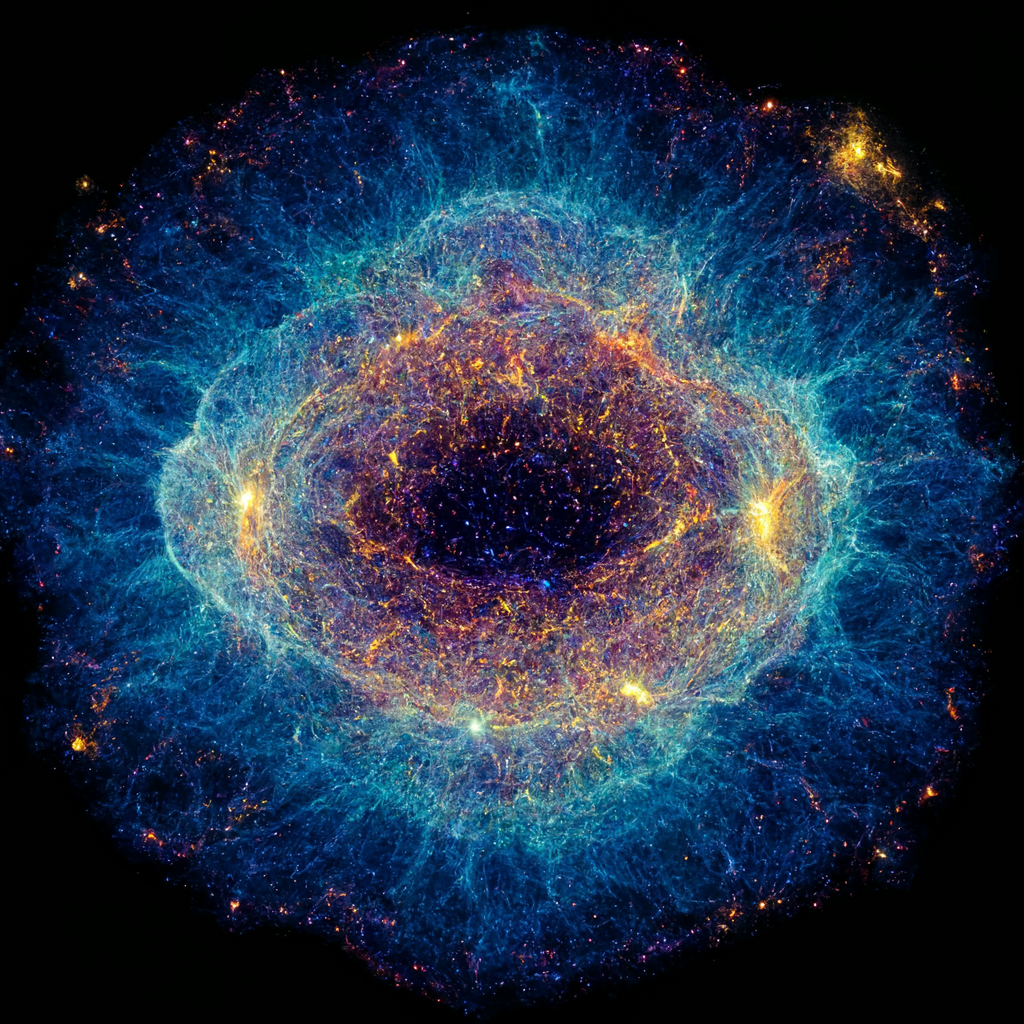TLDR:
The Fun Criterion, from David Deutsch, says: when choosing what to do, pick what feels fun. It’s a sign your whole mind—thoughts, feelings, and instincts—is working together well. Fun guides you when clear answers aren’t enough.
The Fun Criterion: A Simple Guide to Making Choices
Have you ever wondered how to decide what to do when you’re stuck? David Deutsch, a thinker and scientist, has an interesting idea called the “Fun Criterion.” It’s not just about having a good time—it’s about using fun as a clue to figure out what’s best for you. Here’s a simple breakdown of what it means and why it matters.
What’s the Fun Criterion?
Imagine you’re trying to decide something, like whether to go to the park or stay home and read. Your brain is full of different kinds of thoughts. Some you can explain easily, like “The park is close.” Others are harder to put into words, like a gut feeling that you’d rather stay cozy with a book. And some thoughts you don’t even notice, like a quiet worry about getting tired.
Deutsch says all these thoughts—whether you can explain them or not—work together to help you decide. But sometimes they clash. You might think the park sounds nice, but you feel like staying home. How do you choose? That’s where the Fun Criterion comes in: pick the option that feels fun. Fun, he says, is a sign that your mind is working well and your ideas are getting along.
Why Fun?
Our brains are complicated. We don’t just think with clear ideas like “2 + 2 = 4.” We also use feelings, hunches, and stuff we don’t even realize we know—like how to catch a ball without thinking about it. When you’re faced with a choice, these hidden thoughts can make you feel good or bad about it, even if you don’t know why.
For example, let’s say you’re picking between two hobbies: painting or running. You might think running is good exercise, but painting keeps pulling you in because it’s exciting. That excitement is your brain’s way of saying, “This works for me!” Deutsch believes that when you follow the fun, you’re letting all parts of your mind—conscious and unconscious—team up to solve the problem.
Not Just Random Feelings
This isn’t about chasing every silly whim, like eating candy all day because it feels good. Deutsch warns against that. Some people ignore their feelings and stick to strict rules (“I should run because it’s healthy”), while others only follow emotions without thinking (“Candy makes me happy, so I’ll do that”). Both ways can mess up because they ignore half of what’s going on in your head.
The Fun Criterion is different. It’s about noticing when something feels fun and makes sense. It’s like a signal that your brain’s many parts—thoughts, feelings, and instincts—are agreeing. When they’re in sync, you feel energized and happy, not stressed or unsure.
How Does It Work?
Let’s try a real-life example. Imagine you’re deciding whether to take a new job. Your clear thoughts might say, “It pays more money.” But you feel nervous about it, and the idea of staying at your current job seems more enjoyable. The Fun Criterion says: pay attention to that enjoyment. Maybe your gut knows something your brain hasn’t figured out yet—like the new job might be too stressful. By picking what feels fun, you’re trusting your whole mind to guide you.
Fun Means Growth
Deutsch ties this to how we learn and grow. He says our minds are always making guesses and fixing mistakes, kind of like how scientists solve problems. When you choose the fun path, you’re more likely to keep exploring and creating, because it feels good. If something’s boring or painful, you might give up. Fun keeps you going.
Keep It Simple
So, next time you’re stuck on a choice—big or small—ask yourself: “What feels fun?” It’s not about being childish or lazy. It’s about listening to your whole self, not just the loudest voice in your head. Fun is like a compass that points you toward what works, even when you can’t explain why.
That’s the Fun Criterion: a simple, smart way to decide what to do, straight from the mind of David Deutsch. Give it a try—see where fun takes you!



